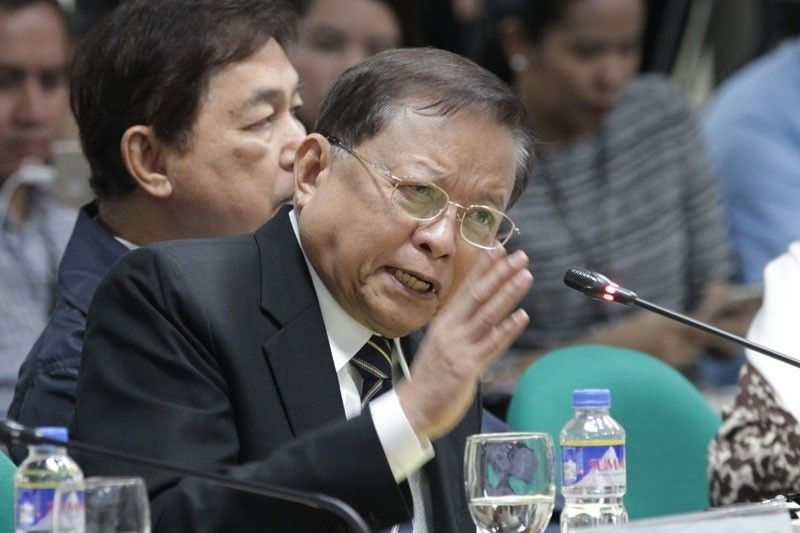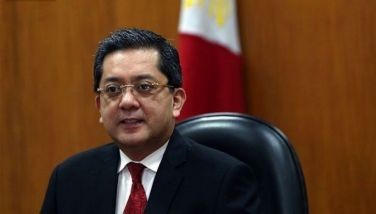Concom wants proposed high court to oust justices

MANILA, Philippines — The consultative committee (Concom) tasked to draft a new constitution with a federal form of government wants to allow justices to decide on ouster cases against their colleagues.
The Concom, chaired by retired chief justice Reynato Puno, made the proposal after the ouster of Chief Justice Ma. Lourdes Sereno by her fellow justices in the SC in a decision last May 11 granting the quo warranto petition filed by Solicitor General Jose Calida.
In its draft on the judiciary section obtained by The STAR, the Concom has proposed three high courts with separate powers and jurisdiction – the SC, the SCC and the Supreme Administrative Council (SAC).
The Concom’s sub-committee on judiciary headed by retired SC justice Antonio Eduardo Nachura wants the impeachment power over SCC justices removed from Congress.
“A justice of the Constitutional Court may only be removed from office on impeachment for, and conviction of, culpable violation of the Constitution, treason, bribery, graft and corruption, other high crimes or betrayal of public trust. The justice shall be impeached upon majority vote of the Supreme Court sitting en banc as an impeachment court,” Section 6 of the provision on SCC of the draft stated.
The current Constitution gives Congress the authority to remove members of SC with the House of Representatives having the power to impeach and the Senate to oust the justices as impeachment court.
Experts and observers have criticized the impeachment process under the 1987 Constitution as a “number’s game” that is decided by lawmakers according to political affiliations or considerations.
To recall, former senator Jinggoy Estrada has claimed that the senators who voted to oust the late chief justice Renato Corona through impeachment trial in 2012 were given millions of Disbursement Acceleration Program funds by the administration of former president Benigno Aquino III.
Nachura said they wanted the judiciary under the proposed federal government to be free from influence by the two other political branches of government.
The SC, which resembles the current composition of the high tribunal composed of a chief justice and 14 associate justices to be appointed by the federal president, will keep its power of review and jurisdiction over civil and criminal cases from lower courts.
It will still exercise original jurisdiction over petitions for quo warranto – including Sereno’s case – certiorari, prohibition, mandamus and habeas corpus; and over cases affecting ambassadors, other public ministers and consuls.
The SCC, on the other hand, will be composed of a presiding justice appointed by the SC with six associate justices, including two appointees of the President, two by Congress and two by the SC.
It will be tasked to resolve all cases involving interpretation of the Constitution and will have jurisdiction on constitutional issues in federal laws including presidential decrees, proclamations and orders; treaties and international or executive agreements; impeachment cases, and other cases of pure question of constructionality.
Lastly, the SAC will be composed of nine justices – a chairman and vice chairman appointed by federal president, five administrative justices appointed by the SC and two administrative justices appointed by the Senate and the House of Representatives.
It will have power to review all cases decided by the Office of the Ombudsman that will be renamed as Central Administrative Court, administrative decisions of offices that do not involve constitutional issues, alleged violations by administrative authorities including independent administrative tribunals, conflicts of jurisdiction among lower and administrative tribunals, disputes between federal and regional government, and other similar administrative issues.
- Latest
- Trending



























